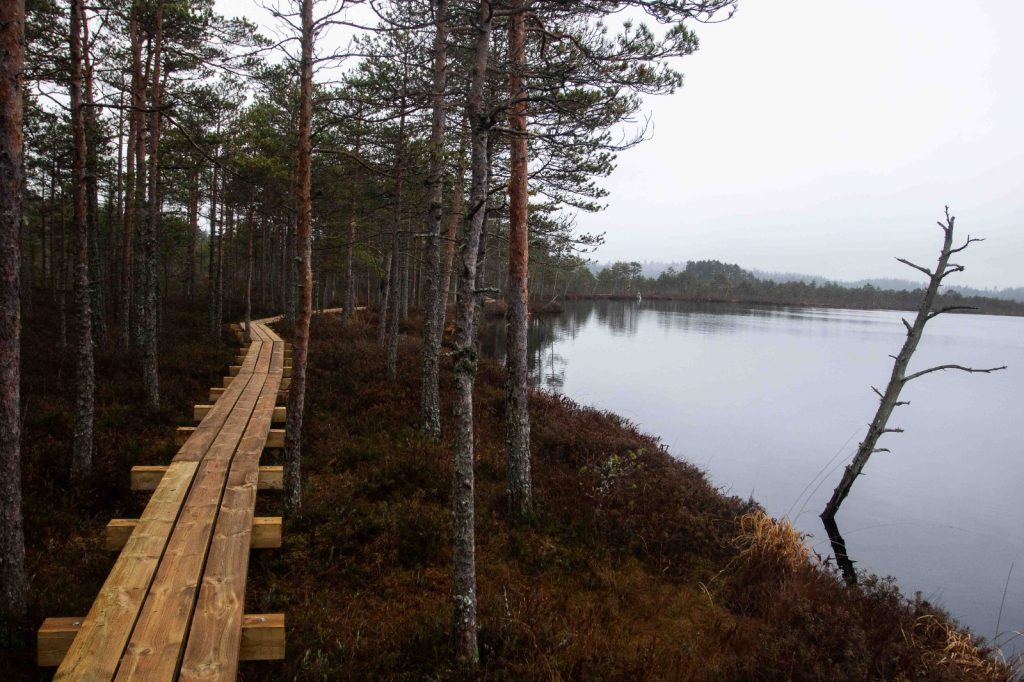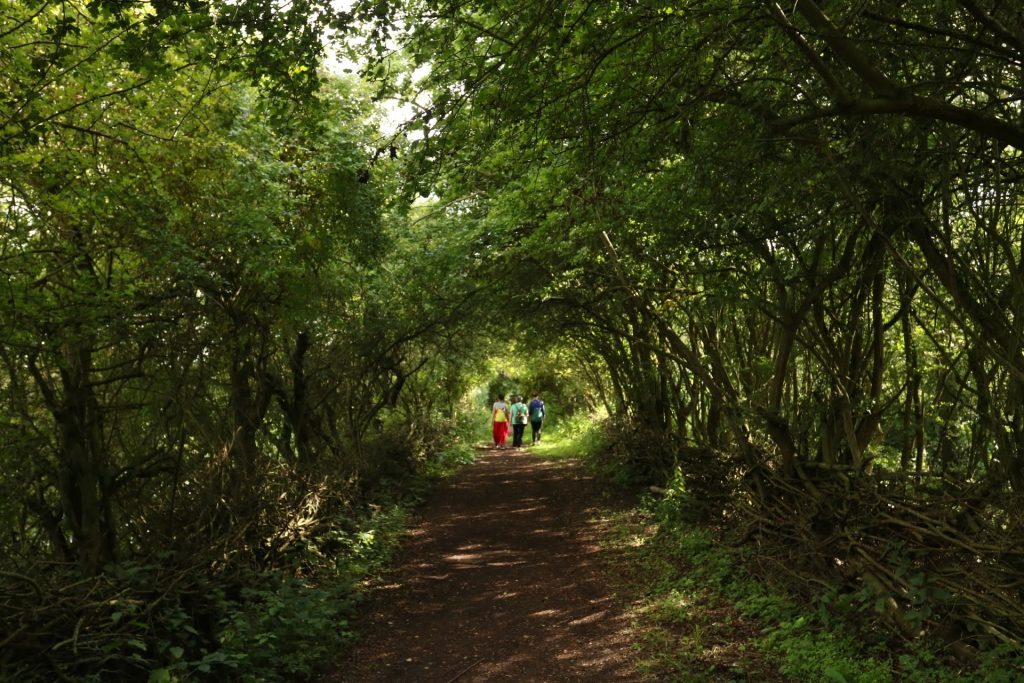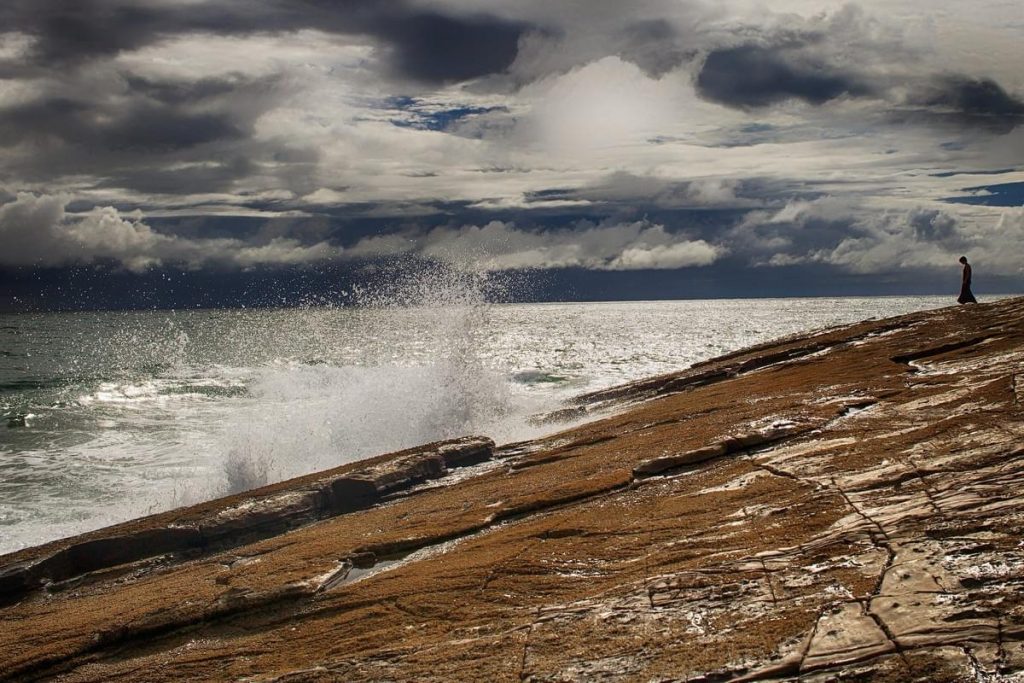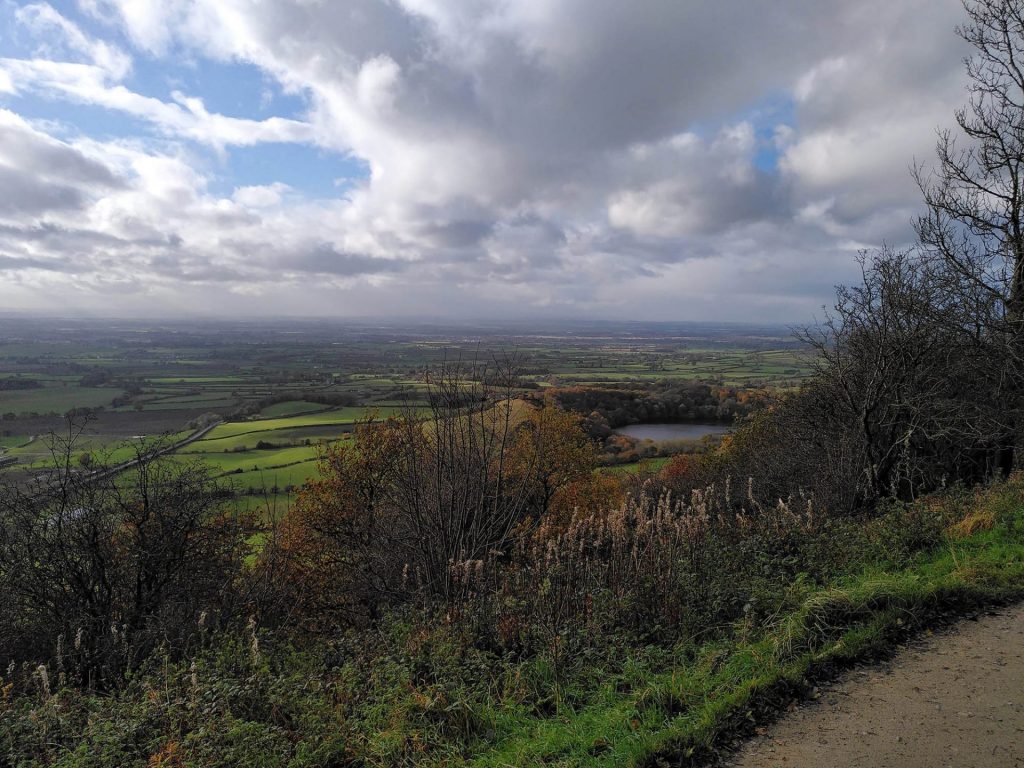Life-long activism

I had the good fortune to meet Anitra at the bi-annual International Degrowth Conference in Malmo Sweden this summer. It was my first real foray into the degrowth world after reading Degrowth: A Vocabulary For A New Era. I was a keen, willing and eager participant. While at times I felt lost in the jargon, conceptual models and academia I also met some wonderful and grounded folks, including Anitra. I felt drawn to the idea of degrowth – a wide, umbrella movement that explores what the world might look like when it’s no longer driven by unsustainable exponential growth. Anitra has been affiliated with this movement for years and it was fascinating to get her insight into her ideas and the values by which she’s lived her life.
Anitra tell us a bit about yourself,
My name is Anitra Nelson and I live in Castlemaine, Central Victoria, Australia. I’m semi-retired and affiliated with the RMIT University Center for Urban Research. I do both honorary work and occasional paid work. I would say that most of my life I have been involved in environmental and social campaigning and it’s been my most important work.
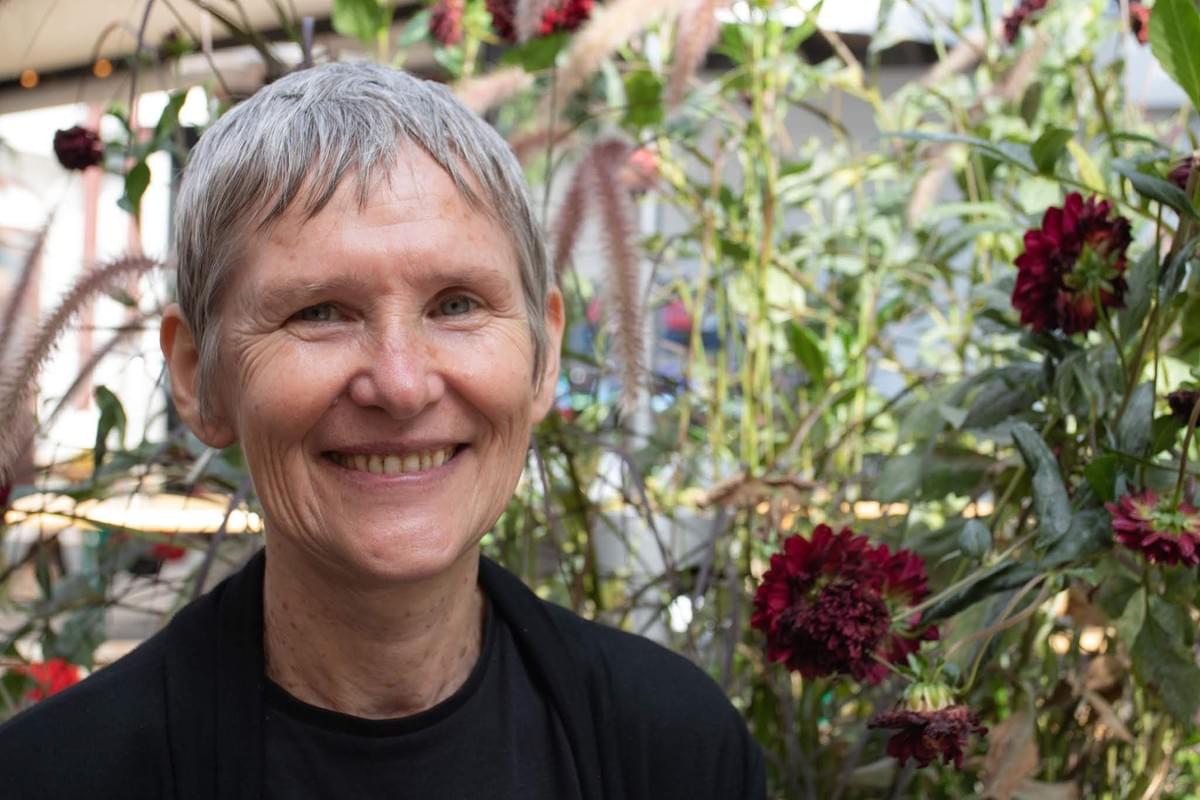
What worries you?
My current concern, which has concerned me for the last few decades, has focused on the environmental crisis around the world. I look at climate change and the carbon emissions as being just the tip of much greater environmental crises. So, while on the one hand I’m concerned that a lot of people do not take restraining carbon emissions and addressing climate change seriously, I think we can focus too much on that. We do not recognize that it is just one part of the jigsaw of unbalanced human activity and human life with the basic potential and limits of out natural planet. Before that I was involved for decades on Global South issues and, before that, I was very involved in the Women’s Liberation movement. I’ve leapt around a bit but, as I’ve become more aware, I’ve also held on to my old concerns because there is a lot of work still to be done.
What is your positive planetary contribution?
Over the last decade I have published quite a few books that I have either written or edited. They have focused on sustainability and, in particular, how money and capitalism blocks us from achieving sustainability. I think that a lot of people, even anti-capitalists, think that money is just an aspect of capitalism whereas, I kind of see it as a chicken and egg relationship. You cannot have capitalism without money. And some of my writing has argued that ,once you have a market economy, you necessarily have growth. If I’m right, then we really need to be addressing our dependence on money. Although there are numbers of people who believe that there are problems with money, those people tend to either think that mainstream money can be reformed — so capitalism can work better — or, they might be anti-capitalist but think that using some sort of alternative currency would be the way to see some form of post-capitalism.
It’s important for me to be in this area because there are so few people even looking into it, I feel like I could spent the next ten years on this and, even if I was proved wrong, it would still be worthwhile.
Beyond books, I’m very active in my own local community. I’m involved in the Mount Alexander Eco Housing Group and some of my work — such as my book Small is Necessary, has been on eco-collaborative housing. I see shared dwellings as one way we can be more sustainable. I’ve also been on the executive committee of Campbells Creek Community Inc. (2015–2018), which is community organisation working with the council, or sometimes (funnily enough) against it. My academic work has involved partnership with Friends Of The Earth Australia, and all of my work for them has been for free — and I’ve donated money to be used in workshops for writing up environmental justice case studies. Whenever I see something that I feel needs doing, I tend to throw myself into it. I collaborate a lot with other semi-retired academics and we present at places like Melbourne Free University. Our work does not involve telling people how they should be doing things. Instead, it is about engaging and discussing with people, learning from them and us then challenging them — asking them to think about things in different ways.
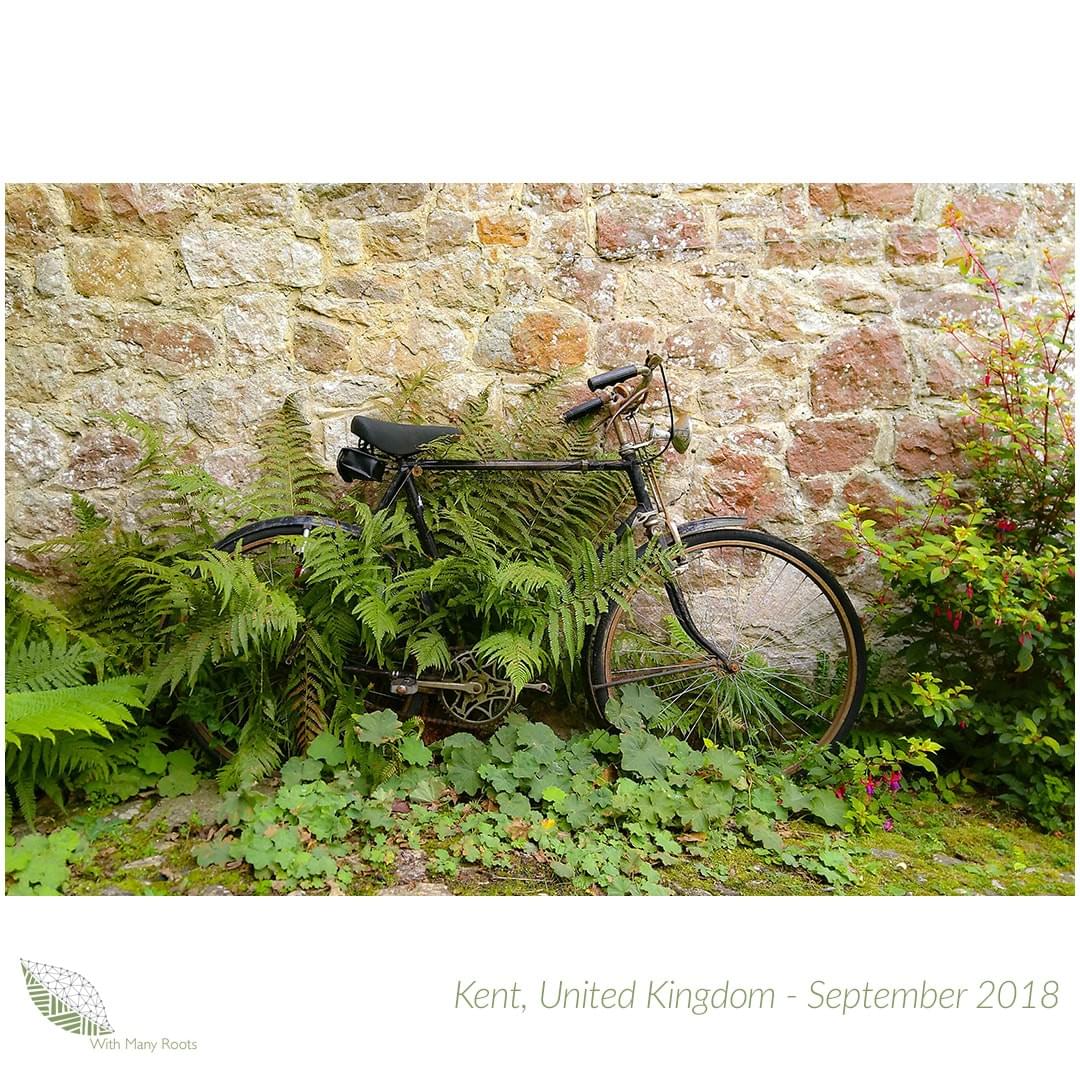
What sacrifices have you had to make pursuing this activist lifestyle?
If I was living in a world that was in balance with nature and where there wasn’t inequity, I would be involved in a lot more creative work and probably have a family. I was a young person at a point in history where, because of environmental problems, I could easily rationalize not having children, and I felt like having children was putting an extra burden on Earth. However, part of me would have really liked to have children. I’ve been involved in writing creative, fiction and non-fiction and in making films; I have found those types of activities use quite a lot of energy, time and resources. On balance, a lot of the work that I have done does involve my activism and I couldn’t really indulge in ways that I know I really yearned to do. I do not regret having made those decisions as I know that we actually live in a world where we need to select between different options, and I think I have done the only thing I could have under the circumstances. I really do think that we are risking our species continued existence and I have felt like that for decades. So, if you feel that black and white about the situation, you can’t hide from the reality that you might be indulging in things you want to do — whilst everything else is going to hell!
What is your message to the world?
I want people to think about what a world without money would look like.
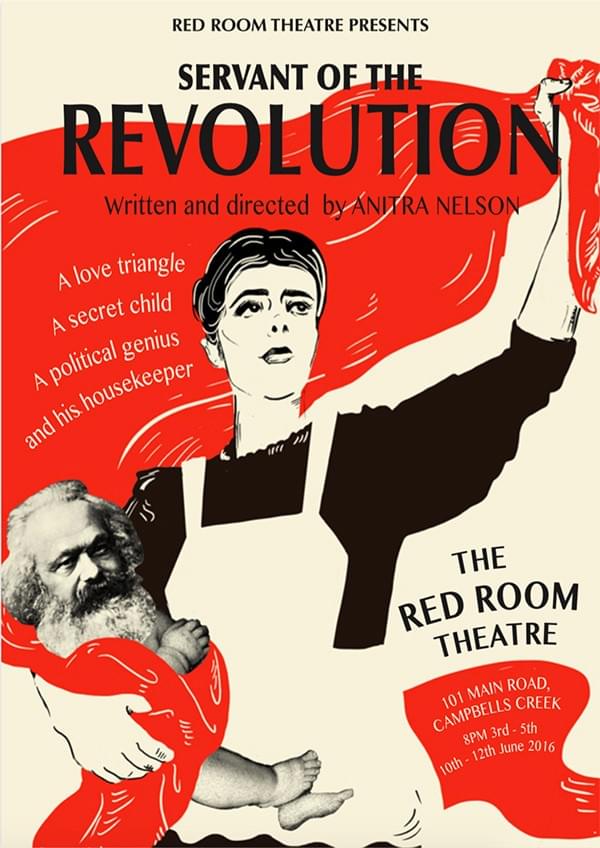
You can find out more about Anitra here
Her published works include:
If you visit her site page for these works, you will find links to free material.
